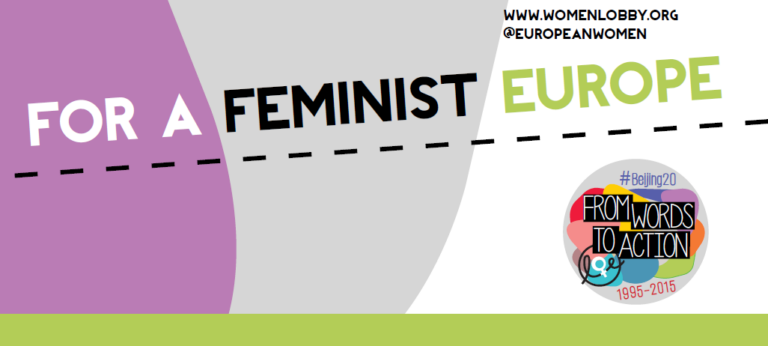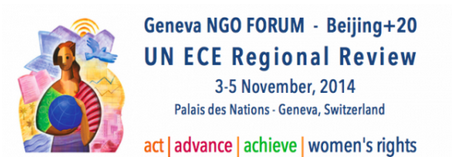[New York, 8 March 2011] A hundred years ago today, women across the world took an historic step on the long road to equality. The first ever International Women’s Day was called to draw attention to the unacceptable and often dangerous working conditions that so many women faced worldwide. Although the occasion was celebrated in only a handful of countries, it brought over one million women out onto the streets, demanding not just better conditions at work but also the right to vote, to hold office and to be equal partners with men.
I suspect those courageous pioneers would look at our world today with a mixture of pride and disappointment. There has been remarkable progress as the last century has seen an unprecedented expansion of women’s legal rights and entitlements. Indeed, the advancement of women’s rights can lay claim to be one of the most profound social revolutions the world has seen.
One hundred years ago, only two countries allowed women to vote. Today, that right is virtually universal, and women have now been elected to lead Governments in every continent. Women, too, hold leading positions in professions from which they were once banned. Far more recently than a century ago, the police, courts and neighbors still saw violence in the home as a purely private matter. Today two-thirds of countries have specific laws that penalize domestic violence, and the United Nations Security Council now recognizes sexual violence as a deliberate tactic of war.
But despite this progress over the last century, the hopes of equality expressed on that first International Women’s Day are a long way from being realized. Almost two out of three illiterate adults are women. Girls are still less likely to be in school than boys. Every 90 seconds of every day, a woman dies in pregnancy or due to childbirth-related complications despite us having the knowledge and resources to make birth safe.
Across the world, women continue to earn less than men for the same work. In many countries, too, they have unequal access to land and inheritance rights. And despite high-profile advances, women still make up only 19 percent of legislatures, 8 percent of peace negotiators, and only 28 women are heads of state or government.
It is not just women who pay the price for this discrimination. We all suffer for failing to make the most of half the world’s talent and potential. We undermine the quality of our democracy, the strength of our economies, the health of our societies and the sustainability of peace. This year’s focus of International Women’s Day on women’s equal access to education, training, science and technology underscores the need to tap this potential.
The agenda to secure gender equality and women’s rights is a global agenda, a challenge for every country, rich and poor, north and south. It was in recognition of both its universality and the rewards if we get this right that the United Nations brought together four existing organizations to create UN Women. The goal of this new body, which I have the great privilege to lead, is to galvanize the entire UN system so we can deliver on the promise of the UN Charter of equal rights of men and women. It is something I have fought for my whole life.
As a young mother and a paediatrician, I experienced the struggles of balancing family and career and saw how the absence of childcare prevented women from paid employment. The opportunity to help remove these barriers was one of the reasons I went into politics. It is why I supported policies that extended health and childcare services to families and prioritized public spending for social protection.
As President, I worked hard to create equal opportunities for both men and women to contribute their talents and experiences to the challenges facing our country. That is why I proposed a Cabinet that had an equal number of men and women.
As Executive Director of UN Women, I want to use my journey and the collective knowledge and experience all around me to encourage progress towards true gender equality across the world. We will work, in close partnership with men and women, leaders and citizens, civil society, the private sector and the whole UN system to assist countries to roll out policies, programmes and budgets to achieve this worthy goal.
I have seen myself what women, often in the toughest circumstances, can achieve for their families and societies if they are given the opportunity. The strength, industry and wisdom of women remain humanity’s greatest untapped resource. We simply cannot afford to wait another 100 years to unlock this potential.


